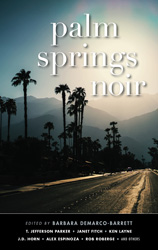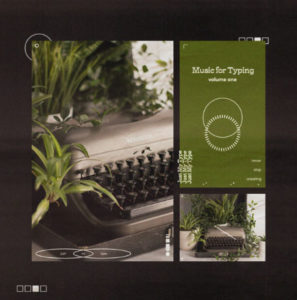What is truth, anyhoo?
In the last comment of my last post on rejection, Valerie said, “We don’t need truth, we need hope,” and that got me to thinking, What is the truth, anyway, and what is hope, and what about when the two intersect?
Of course we do want the truth when we read reportage; at least I do. It is more and more difficult to believe what is written because more and more it comes out that a reporter embellished the truth or just made it up.
But here’s where it gets foggy, as regards truth vs. hope. When we hear how very difficult it is to publish your work in a respected journal or get picked up by a major publisher, we believe it and we take it to heart and we let it destroy our hope. Yes, it’s true; it’s difficult to get published. Did anyone say it’s impossible? No. No one’s said that.
Many things worth doing are competitive and achieving that which we desire can be difficult. But do we stop, do we roll up and die because it’s not easy? No, we don’t. At least we shouldn’t.
I was never a cheerleader in high school and still don’t quite get it, why women would want to do that gig, but I am a cheerleader when it comes to creative ventures because I believe that everyone has a creative streak; everyone just employs it differently. I think women–and some men–are so into shopping because, for them, it’s a way of being creative. We all have a drive to create; it’s one of the human conditions.
I know a few artists who have no need to make their art public or make a living from it. These are people, though, who have quite enough money to live on and just do their art because they love it.
But for most of us, we want to make it because we have to make money one way or another and why not make it by doing that which we love?
So, difficult, yes. Impossible, no.
And you have to hold onto the hope that it can and will happen, because if you don’t have hope, you’ve got little. Hope got me through a ton of obstacles.
So the truth is that hope brings with it energy–energy to continue to strive and achieve your starry eyed dreams. Does anyone out there know the book, Max Makes a Million
? I love this book. It’s a kid’s book by Maira Kalman, who does quite a bit of New Yorker covers, but I bought this book before I ever had kids, when I was working at what was then Rizzoli’s bookstore at South Coast Plaza, back in ’86 or so. Max is a dog who wants to be a poet and his dream is to go to Paris and write poetry there. Here’s an excerpt:
But do you think it is easy for a dog to pack a small brown suitcase, put on a beret, and hop on a plane? Ha! Plane tickets cost money. Mazuma, shekels, semolians. I have none. Because no one wants to buy my book. I’m flat broke. But someday fat families and skinny families around the world will be reading my poems. And laughing, and crying. I feel it in my bones. I want to say, before anything, that dreams are very important.
I won’t tell you what happens; read the book; it’s one of my favorites.
But I will say this, before I go, that dreams are very important. Dreams fuel hope and hope makes it happen.



 Support Indie bookshops and this site by purchasing books through my BookShop
Support Indie bookshops and this site by purchasing books through my BookShop
